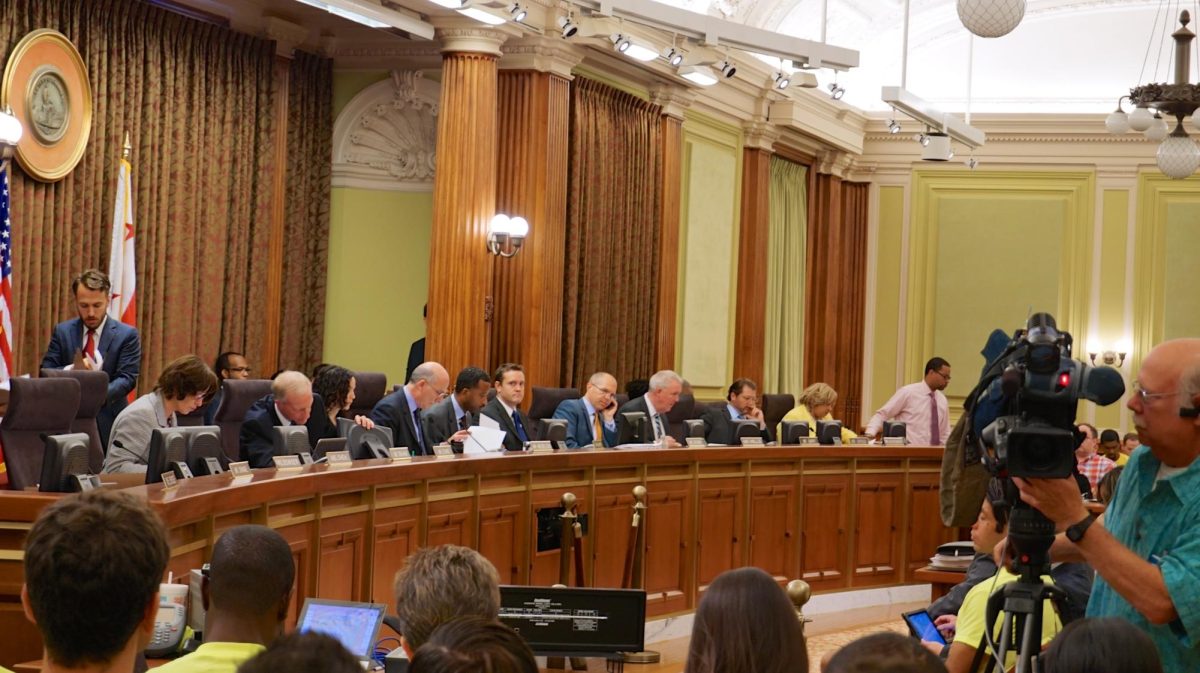This year, there has been a noticeable increase in reported cheating across all subjects and grades. As such, controversy has ensued over how these situations should be handled and the appropriate punishments. Of course, ultimate decisions regarding academic dishonesty reside in the power of the administration and the Honor Committee. However, it is fair for students to express disappointment and discontent with how cheating incidents are handled, particularly when it disadvantages a whole class rather than just the student who cheated.
Cheating incidents varied, from using artificial intelligence for an essay to sharing questions of a test ahead of time. Disputes usually stem from situations like the latter, where it is hard to pin down who cheated, which makes a teacher suspicious of everyone in their class. In these situations, many students have had to retake their tests. However, this is highly unfair to most students who did not cheat, as it forces them to re-study and endure the stress of that assessment again, simply due to their classmates’ poor decisions.
Through punishing entire classes, students are incentivized not to disadvantage themselves by reporting such incidents. The more collective punishment occurs, the more students fear speaking out. Students should not feel intimidated from reporting incidents of academic dishonesty, because cheating and sharing answers insult the hard work of those who had no intention of gaining test knowledge beforehand.
Therefore, only those who cheated should receive punishments rather than the rest of the class. Collective punishment for cheating only causes stress for students and builds up resentment against all those involved: those who cheated and those who reported it. If students are more emboldened to speak up, and teachers are more understanding and fair, cheating will be appropriately addressed without disadvantaging the rest of the class.
Additionally, cheating also affects teachers, who are increasingly choosing to create separate assessments for each period to reduce the risk of shared answers, increasing their workloads. Creating separate assessments also makes it impossible for each assessment to be guaranteed the same difficulty level.
In an ideal world, students reporting incidents of cheating would decrease the amount of cheating and reduce collective punishments. However, that is impossible due to the extreme pressure on students to fit in and not get their classmates in trouble. Ultimately, people who cheat should consider that their actions are disrespectful to the entire Sidwell community, and teachers should not be forced to employ collective punishment.










































